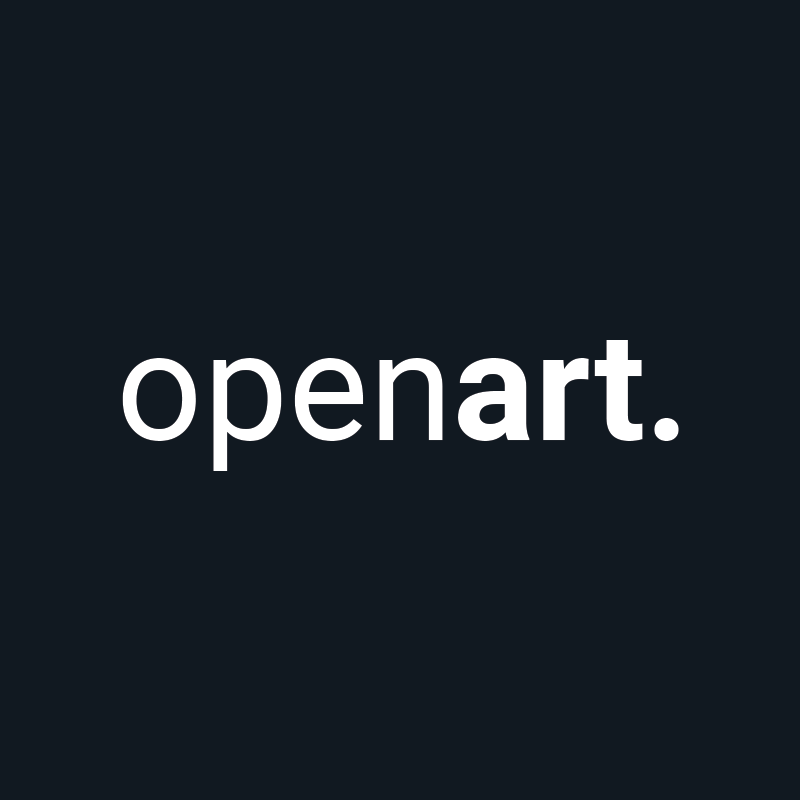Jawahar Kala Kendra, Jaipur presents an exhibition which traces an evolution of aesthetics in Indian handmade textiles from the country’s independence In 1947 till now. Reflecting the fields of art, design, fashion and craft, it presents paintings on cloth, tapestries, sculpture, carpets and rugs, saris, garments and other forms of creative expression in fabric. Together, they convey the expected and often unusual journeys in materials and techniques which have shaped the explorations of creative makers, master artisans, craftspeople, artists, designers as well as experimental, niche design studios and popular, well known brands.
The Indian subcontinent has, over the last seven decades, sustained processes of hand manufacture in textiles which are unparalleled in the world. Whether in the diversity of skills and technologies, vocabularies of patterns and motifs, or the sheer large scale of production capacities, such processes have suggested constant innovation in inherited traditions. Unlike the common perception that such traditions are traditionally static and bound with strict rules of making and usage, they have been observed to be dynamically influenced by new stimulus – political, social, economic, scientific – and are inspired by emerging cultural developments.
Seen in the context of the predominant impulses of various periods in India’s post independence trajectories, the textiles are presented through broad themes: The National Movement, Khadi and the effects of the European-colonial encounter in the early to mid 20th Century; the engagement with International Modernism from the 1950s till today; an intense revival period in village-based crafts and textiles beginning with the 1970s which has informed the present ecology of urban design; the negotiation of roles between artisans-craftspeople, designers and artists; a return to historical vocabularies from the 1980s onwards which moulds contemporary fashion and mass consumerism; textiles as a means and metaphor for sculpture; and Indian minimalism.
The artists and designers whose works are being presented include Andrew Ananda Voogel Aneeth Arora, Amit Aggarwal, Anavila Misra, Ajit Das, Ashdeen Lilaowala, Asif Shaikh, Bashobi Tewari, Berenice Ellena, Bhikari Maharana, Chandrashekhar Bheda, Charu Wadhwa, Ghiora Aharoni, Gunjan Jain, Hashim Mohammad, Jadunath Supakar, Jigisha Patel, Manisha Parekh, Mahender Singh, Manisha Arora, Manuel Bougot, Monika Correa, Nelly Sethna, Paola Manfredi, Prabhakar Barve, Rahul Jain, Rahul Mishra, Rajesh Pratap Singh, Renuka Reddy, Rimzim Dadu, Riten Mazumdar, Ritu Kumar, Sanjay Garg, Shelly Jyoti, Sri Niranjan and Toofan Rafai.
The studios, brands and organisations represented include 11:11, Abraham & Thakore, Akaaro, Anokhi, Avani, Bandhej, Himmatsingka Seide, Khamir, Lesage, Malkha Marketing Trust, The National Institute of Design, The Registry of Saris and The Weavers Service Centres. The presented works are additionally drawn from relevant art and textile collections including The Devi Art Foundation, New Delhi; Ms Lekha & Mr Anupam Poddar, New Delhi; Ms Priya Paul, New Delhi; The Museum of Art & Photography, Bangalore and Dr Monisha Ahmed, Mumbai. Contributing galleries include Nature Morte and Art.Motif in New Delhi and Jhaveri Contemporary in Mumbai.
The exhibition is curated by Mayank Mansingh Kaul and designed by Reha Sodhi.
The exhibition will be open from 20 June through 30 July between 11am and 7pm, with the exception of Mondays and Public Holidays.
About Jawahar Kala Kendra
Jawahar Kala Kendra (popularly known as JKK), is a non profit arts and culture centre in Jaipur, which endeavours to preserve and promote the various genres of Indian art and culture on an international level. The centre embodies both the visual and cultural heritage of Jaipur, and was designed in 1991 by renowned Indian architect of international acclaim, Charles Correa. The architecture of JKK is based on the concept of Indian astrology and resembles the square-grid plan of Jaipur city. JKK’s enormous and uniquely structured building is home to an ethnographic museum, exhibition galleries, an open air theatre, arena, library and coffee house. Ever since its inception, the art and culture hub of JKK has committed to promote multiple types of art. It provides a platform that connects visitors, scholars and art enthusiasts with artists and artisans through a rich programme of exhibitions, music and theatre productions that encompass the culture, history and way of life prevalent in Rajasthan and India. In the last year alone, JKK has been instrumental in bringing high quality performing art and literary programmes to the Pink City, with ‘Navras’ (a week long performing arts festival), ‘Bookaroo’ (Children’s Literature Festival) and ‘Raag’ (an all night classical musical event) The arena of visual arts at JKK witnessed a breakthrough earlier last year with the reopening of the Museum Galleries which constitute the erstwhile Museum Alankar and the three art galleries which had been under renovation. Refurbished with concrete flooring, state of the art lighting systems and walls, the Museum Galleries not only provide a space of thematically curated exhibitions to enrich the cultural landscape of Jaipur but also give the visitors a dynamic experience.
Venue
Jawahar Kala Kendra, 2, Jawahar Lal Nehru Marg, Jhalana Doongri, Jaipur, Rajasthan 302004.
